
Cyberflashing to be criminalised under new online safety bill
The IndependentStay ahead of the curve with our weekly guide to the latest trends, fashion, relationships and more Stay ahead of the curve with our weekly guide to the latest trends, fashion, relationships and more Stay ahead of the curve with our weekly guide to the latest trends, fashion, relationships and more SIGN UP I would like to be emailed about offers, events and updates from The Independent. Read our privacy policy Cyberflashing will become a criminal offence, punishable by up to two years in jail, under new laws to be introduced in the government’s upcoming online safety bill, which it has said will be rolled out “as soon as possible”. Digital secretary Nadine Dorries said the landmark online safety bill will “force tech companies to stop their platforms being used to commit vile acts of cyberflashing”. Professor Clare McGynn, author of Cyberflashing: Recognising Harms, Reforming Laws, told The Independent that while the proposed new law is a “welcome first start” in recognising the “intimidating and violating experience of being sent penis images without consent”, more needs to be done to protect victims. “If the government is serious about addressing violence against women and girls, including its online dimensions, it must name violence against women on the face of the Online Safety Bill.” Girlguiding Advocate Kate said: “We’re looking forward to reading the Online Safety Bill in full, as we know 79 per cent of girls experience harm online, including sexist comments, sexual harassment, cyber stalking and pressure to share nude images.
History of this topic

Call to protect women from online violence
China Daily
Women spend more time online than men, but worry more about online harms – Ofcom
The Independent
Cyber Laws & Women: HNLU And NCW Host Consultation On Digital Safety For Women
Live Law![HNLU: Regional Consultation On 'Cyber Laws And Women: A Critical Analysis' In Collaboration With National Commission For Women [16th December]](https://www.livelaw.in/h-upload/2024/11/14/571165-untitled-design-77.jpg)
HNLU: Regional Consultation On 'Cyber Laws And Women: A Critical Analysis' In Collaboration With National Commission For Women [16th December]
Live Law
NLU Odisha: Regional Consultation On Law Review of Cyber Crimes Affecting Women In Collaboration With National Commission For Women
Live Law
Online grooming crimes reach record levels, NSPCC says
The Independent
New, strengthened Online Safety Act needed to protect children, charity says
The Independent
Online safety laws ‘pose substantial risks to our economy’
The Telegraph
AI-generated child sex abuse content increasingly found on open web – watchdog
The Independent
Technology Secretary says firms must ‘bake’ safety at centre of new products
The Independent
Speed up laws to prevent children seeing harmful content online, Technology Secretary tells Ofcom
The Telegraph
Government strengthens Online Safety Act to crack down on revenge porn
The Independent
Ofcom hiring more online safety staff amid calls to tackle misinformation
The Independent
Online misinformation fueled tensions over the stabbing attack in Britain that killed 3 children
The Independent
Prioritise children’s online safety at election to tackle ‘hidden pandemic’ of sexual abuse, experts urge
The IndependentReport urges fixes to online child exploitation CyberTipline before AI makes it worse
Associated Press
Cyberflashing: Understanding new law that bans sending unwanted nude pictures
The Independent
Brianna Ghey’s mother says child online safety laws should be ‘more drastic’
The Independent
Majority of boys aged 11-14 ‘exposed to online content that promotes misogyny’
The Independent
Criminal offences for cyberflashing and epilepsy-trolling take effect
The Independent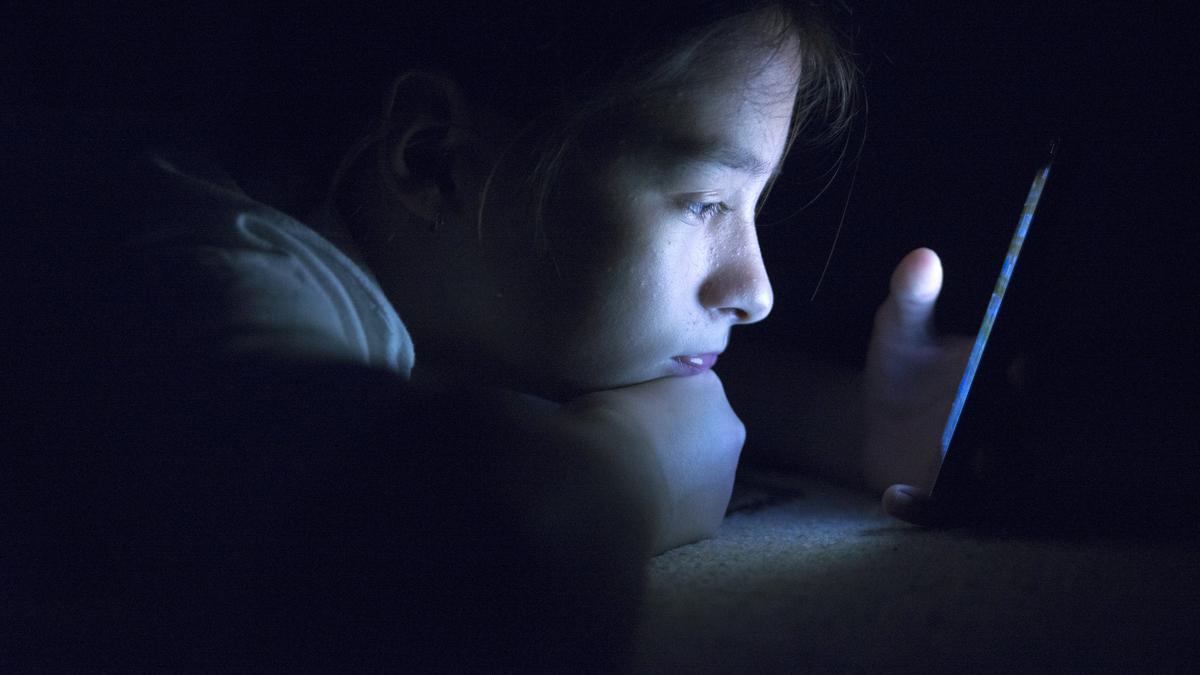
How safe is the online space for children in India? | In Focus podcast
The HinduUK’s new online safety law adds to crackdown on Big Tech companies
Associated Press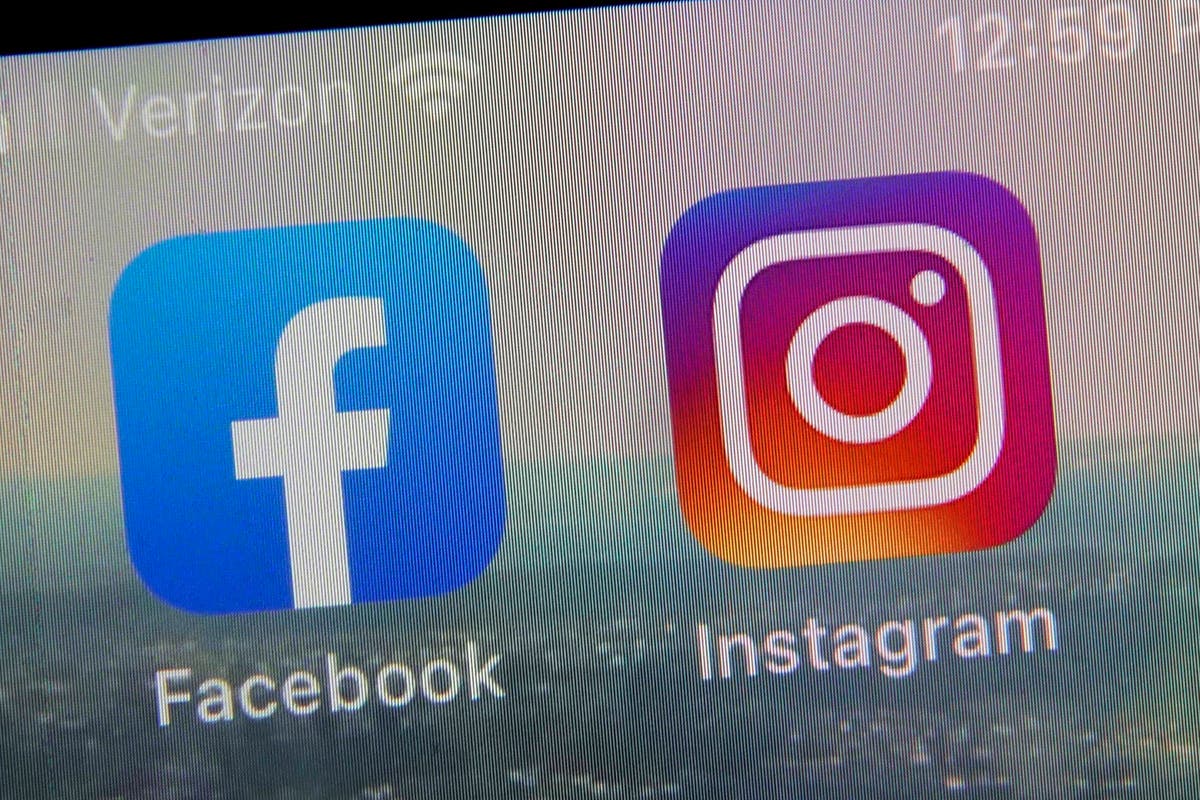
UK's new online safety law adds to crackdown on Big Tech companies
The Independent
Legislation to tame the online ‘Wild West’ clears Parliament
The IndependentAustralia tells dating apps to improve safety standards to protect users from sexual violence
The HinduAustralia tells dating apps to improve safety standards to protect users from sexual violence
Associated Press
‘Sobering’ survey finds 17% of Scottish women have suffered online violence
The Independent
Sex offenders are using virtual reality to ‘groom and abuse children’
The Independent
Black women more likely to be a victim of cyber flashing, landmark study reveals
The IndependentBritain tightens planned tech law to stop children viewing adult content
The Hindu
Internet users encouraging self-harm to face five years in jail under new plans
The Independent
Kate Winslet calls on Government to ‘criminalise harmful content’
The Independent
Lack of awareness about abuses a key driver of rising cybercrimes involving children
The Hindu
Women and girls ‘traumatised’ by social media, warns Georgia Harrison
The Independent
‘Add code of practice to Bill to prevent violence against women and girls online’
The Independent
Reviewing ‘safe harbour’ protections under Digital India bill: MoS Chandrasekhar
Hindustan Times)
8 in 10 Urban Indian Women Use Internet; Many Demand National Hotline Against Online Abuse, Fraud: Survey
News 18UK waters down online restrictions after free speech outcry
The Hindu
Online Safety Bill to tackle ‘absurd situation’ of age limit verification
The Independent
Online Safety Bill to remove ‘legal but harmful’ content measures
The Independent
Children being coerced into most severe forms of sexual abuse online – report
The IndependentAlmost three-quarters of dating app users subjected to online sexual violence, study finds
ABC
Tory leadership hopeful says Online Safety Bill ‘in no fit state to become law’
The Independent
Emily Atack went to police after receiving ‘disgusting’ threats from online trolls
The Independent
Tory MP Maria Miller tells how she was cyber-flashed while on busy train into Waterloo
Daily Mail
Cyberflashing: What is it and is it illegal?
The IndependentIncrease in number of rape cases by friends on social media, report by Mum police
The Hindu
Twitter and Reddit users in the UK could be age-checked under government plans for porn sites
Daily Mail
Porn sites to be required to verify age of UK users under online safety law plans
The IndependentDiscover Related




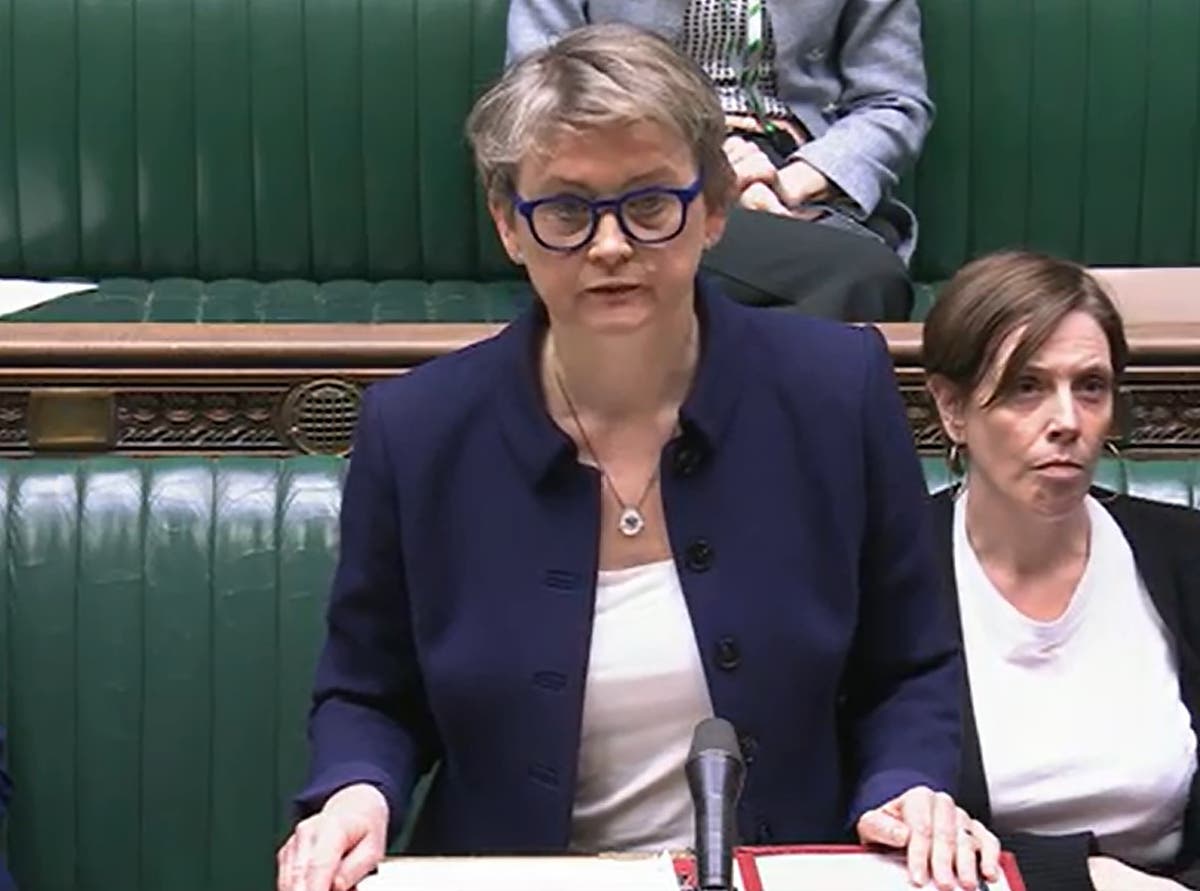




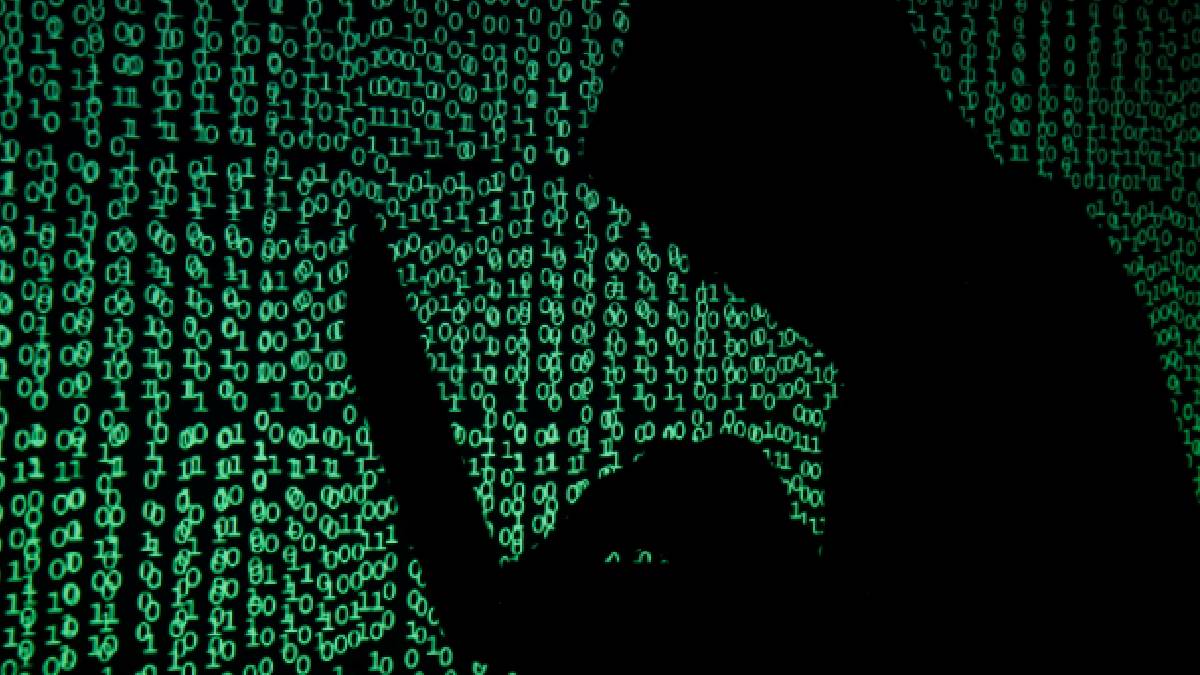




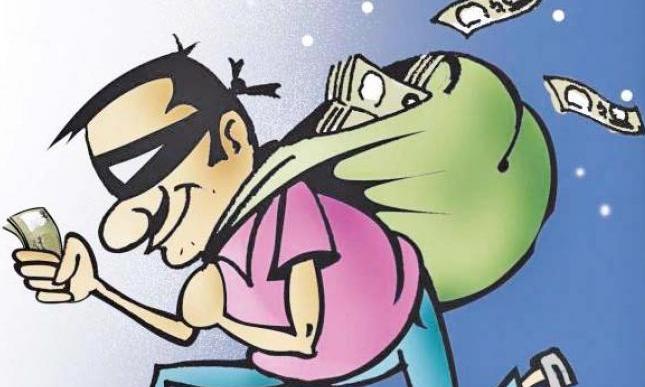














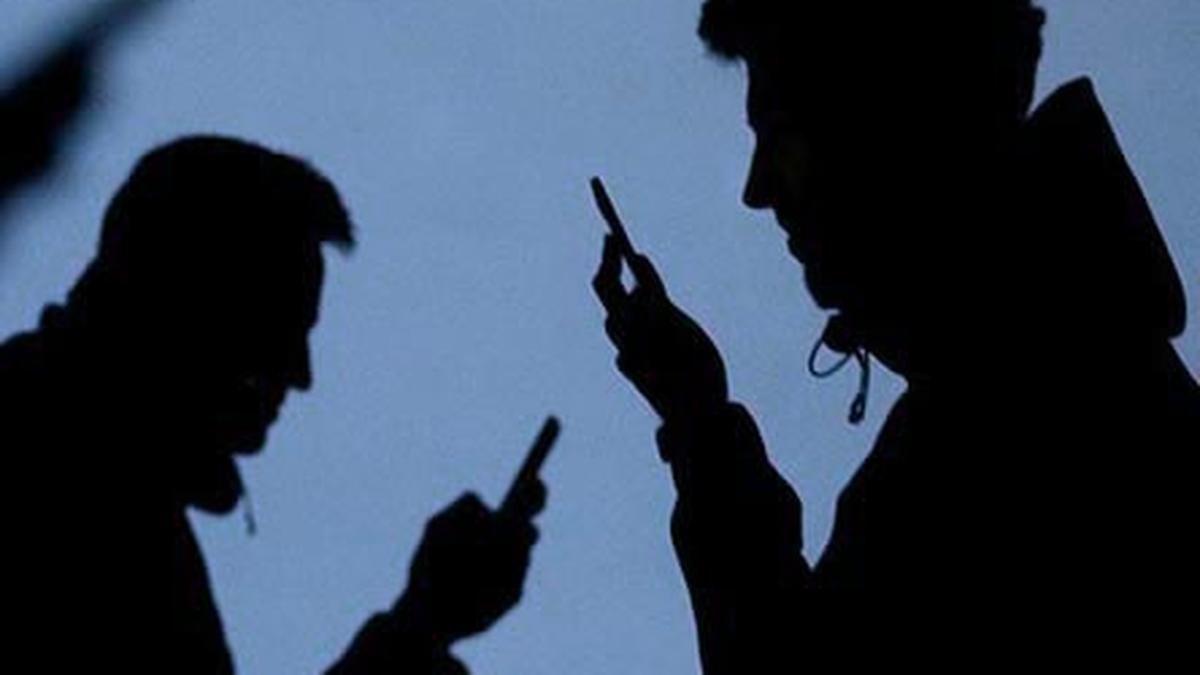





)











